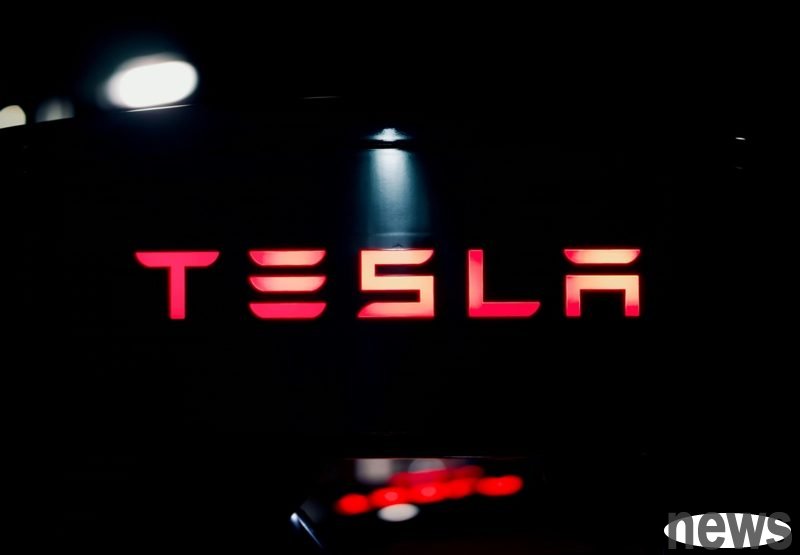
According to foreign media reports, Tesla has developed the super computer "Dojo" that automatically drives AI training and greatly adjusts the supply chain. Dojo chip production is exclusive to Telco, but the third-generation Dojo (Dojo 3) will turn to Samsung and Intel to form a new supply chain dual-controlled model. Not only is it an unprecedented cooperation model, it may also reshape the industry of AI chip manufacturing and packaging.
According to reports from ZDnet Korea, multiple sources pointed out that Tesla is discussing in-depth with Samsung and Intel on the third-generation Dojo mass production. The new division of labor model is that Samsung's crystalline foundry department is responsible for Dojo 3's "Front-end Process", and Intel is responsible for the key "Module Packaging". This is the first time in the industry that Samsung and Intel have cooperated under the leadership of large customers. Although both companies have OEM and packaging businesses, there have been no cooperation cases before.
report pointed out that Tesla's self-developed Dojo super computing system is to use AI models to learn a large amount of fully automatic driving (FSD)-related data. The core of the Dojo system is Tesla's self-developed "D series" AI chip. For example, the first generation Dojo is a module produced by a 7-nanometer tyrene process and a 25-inch D1 chip packaging with a single wafer size of 654 square meters. After Dojo 1, the chip production of Dojo 2 is also responsible for TECHNOLOG.
For Dojo 3, Tesla plans to adopt the new "D3" chip and integrate it with its next-generation FSD, robotics and data center-specific AI6 chips into a single structure. Tesla executive Elon Musk once said that Dojo 3 and AI6 chips will be "basically the same" and can be adjusted according to application scenarios, such as 2 for cars or humanoid robots and 512 for servers. It is worth mentioning that the AI6 chip is expected to adopt a 2-nanometer process.
Tesla decided to change the Dojo 3 supply chain, which should be affected by both technology and supply chain strategies. Dojo chip packaging is extremely large in size, different from general system-level chips. Tesla previously adopted a tyre-electric "System-on-Wafer, SoW", which directly connects the memory and system chips to the wafer, without the need for traditional substrates, which is very suitable for super-large semiconductors. SoW pins have less production capacity, which means that the mass production scale is smaller, and the TECHNOLOGY front-end and back-end processes may be limited.
Both Samsung and Intel urgently need orders from large customers, which is likely to give Tesla a more attractive condition. Samsung has signed a foundry contract with Tesla worth about $16.5 billion to produce AI6 chips for Samsung Texas Taylor Round Factory.
In the Intel section, Tesla will adopt Intel Embedded Multi-Disk Interconnect Bridge (EMIB). EMIB is an Intel-owned 2.5D packaging. Unlike traditional 2.5D packaging, EMIB is not designed with a large-sided silicon interposer below the wafer, but is embedded with a small silicon bridge connected chip on the substrate, allowing for a more flexible and efficient chip layout and expanding the bare crystal size is also more advantageous, unlike traditional 2.5D packaging, which is limited by the intermediary layer size.
EMIB technology level may still be difficult to manufacture round-level ultra-large wafers, and the industry recommends that Intel may need to evaluate new EMIBs or invest in new equipment for Dojo 3. The industry also predicts that Samsung will actively develop advanced packaging for super-large semiconductors and may enter the Dojo 3 supply chain in the future, although Intel will be the first to enter.
The major adjustment of Tesla's supply chain not only demonstrates the urgent need for customized high-performance chips and advanced packaging technology in the AI era, but also a new inspiration for semiconductor industry competition and cooperation. Samsung and Intel and Tesla have facilitated cooperation, which may establish a new model for future AI semiconductor supply chains, promoting more cross-company technical collaborations and industry integration.